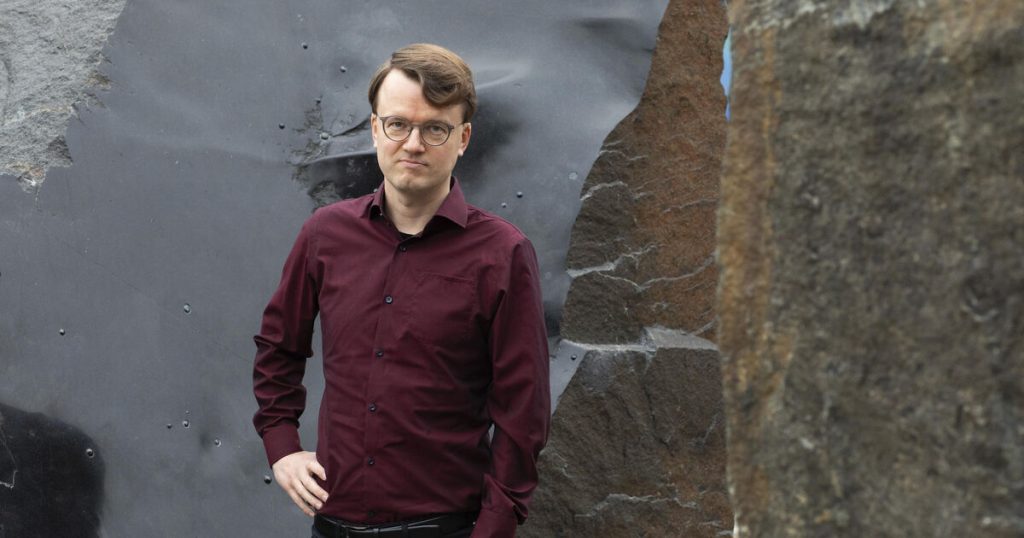What do you expect from the future at Aalto?
I’ll start teaching a seminar course on large language models soon. It’s a special course for master’s and doctoral students covering the technical side and the latest publications. The course is meant for students who have already completed some machine learning courses.
How is the rap algorithm doing?
It was published at Aalto about ten years ago. The Deepbeat.org generator has been used by over a million people and it’s still going strong. If there’s been a service break, I’ve gotten a lot of frustrated messages. I’ve also done one follow-up study on generating lyrics using AI.
Hobbyist rappers use the generator to support their creative process. It gives them ideas for good lines. They don’t just press a button and use the output as is, but they use it to bounce around ideas and find what rhymes with their own text.
At Google my first interviewer said they had read a news article about the rap generator. I don’t think that it influenced the hiring decision, but it gave me confidence in the interview. When I moved to the Gemini team at Google, my first project was improving its lyrics generation capabilities. The rap algorithm was a pivotal side project in my career that led to me studying language models at Google, a path I’m still on.
What do you think about AI and creativity?
I don’t think that AI is developed to replace people but rather to support creativity and intelligence. AI can be a chat companion, an expert in many fields that most people wouldn’t otherwise have access to.
AI can be seen as an opportunity, in the same way as the synthesizer. At first, some musicians feared being replaced by it, but it has opened completely new possibilities to express yourself. In a similar fashion, AI creates new opportunities to express yourself for example through vibe coding without having to practice coding for years.

